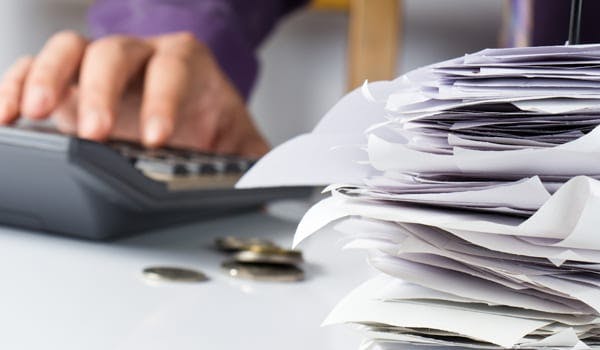Let’s be real – tax time is no one’s idea of fun. In fact, a recent Dick Smith productivity study found one in five business owners would prefer to clean the work toilet rather than doing their taxes.
However getting it wrong can turn a snoozy task into an ongoing headache.
A new survey conducted by American Express found that many business owners are still completely unaware of their tax reporting requirements, leaving themselves open to the risk of being fined by the ATO.
Taxation expert Adrian Raftery believes business owners should take the time to learn what rules apply to them.
“Knowing your obligations and knowing what to claim and what not to claim is the key, however there exists some long-held misconceptions based on tax myths that continually trip business owners up,” he said.
The lack of understanding of tax issues isn’t surprising, given the general aversion to completing tax returns. One in two SMB owners are also unaware about the tax breaks they are entitled to – up to 40 per cent do not claim on asset purchases under $6,500.
Owners aged between 18 and 34 are the most likely to make losses and mistakes due to their lack of knowledge about tax.
Over half the young entrepreneurs surveyed were unaware that mistakes in their tax returns are their responsibility, not their accountant’s.
“Business owners should be getting their advice from credible sources, and if in doubt, they can always ask the ATO. Contrary to popular belief, asking the ATO for clarification doesn’t put the owner on a watch list, it only serves to ensure they don’t make a mistake in the first instance,” Raftery said.
Here are Raftery’s top tips for SMBs:
Make the most of tax concessions
Thanks to the instant asset write-off, SMBs can now claim on assets that cost less than $6,500. This increases to $7,150 for businesses registered for the GST, who can claim the 10 per cent GST credit.
Move money into super
SMB owners can contribute up to $25,000per year into super via their business. Taxed at 15 per cent within the fund, they can then claim a tax deduction for the contribution. However, in order to obtain the tax deduction on your next return, the super fund must receive the money by 30 June.
Defer income to bring forward expenses up to 12 months in advance
You can defer your taxable income to the next financial year by delaying the recept of cash income and deferring invoicing until next year where possible. An immediate deduction is also available for the prepayment of allowable deductions, like lease payments, interest, rent, business travel, insurances, and subscriptions, up to 12 months in advance by 30 June.

